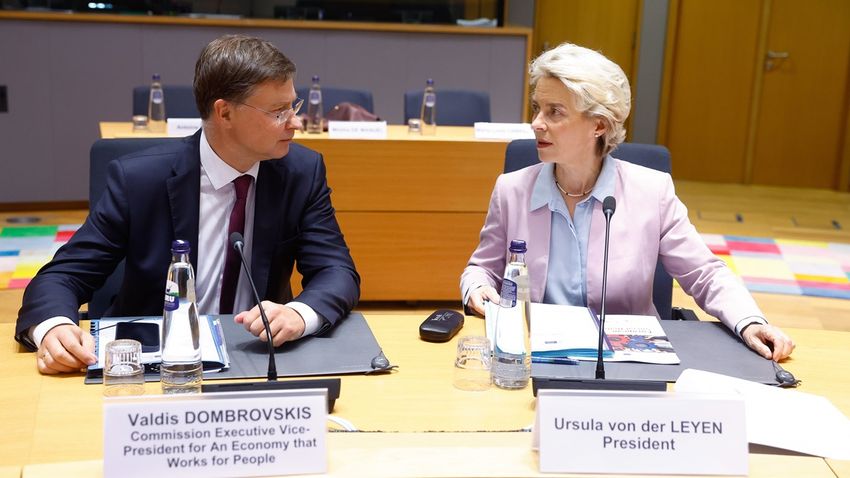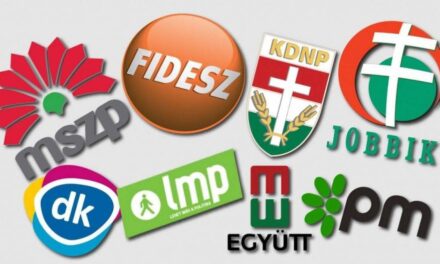Beijing shrugged and then showed as decisively as possible what a trade war would be like if the European Union started to politicize economic cooperation in accordance with the will of the USA. The European Commission was so surprised that it forgot to react in its shock.
The European Union used the phrase "de-risking" (which in practice means the reduction of China's role in world trade) and chanted that it was also seeking to diversify in terms of critical minerals and raw materials essential for the green transition, until Beijing shrugged its shoulders and then, as firmly as possible, showed what a trade war will be like if the European Union starts to politicize economic cooperation in accordance with the will of the USA.
China has hit where it hurts the most: it will limit its exports of critical minerals, particularly gallium and germanium. The two substances are crucial for chip production, telecommunications and the electric vehicle industry, and the EU, which is burning with the fever of the green transition, does not seem to have understood what kind of warning it has received.
The European Union acquires 71 percent of the essential gallium and 45 percent of the germanium from China,
their quantitative limitation could therefore turn all the EU's forward-looking plans upside down.
The Chinese strike is just a taster, its purpose is precisely to warn Europe: there is no option that would allow separation from Chinese raw materials, just as Beijing will not passively watch the EU take on a role in the hegemonic US economic in his endeavors.
The member states are speculating in tense silence as to what the next step will be, but in Brussels the bureaucrats, who are otherwise always ready to fight, are completely speechless. Some of the representatives of the European Parliament have already spoken, but they only repeat the usual empty phrases about, well, here is the answer to why the EU needs its own extraction and processing.
What would be really important would be the reaction of Valdis Dombrovskis, the EU trade commissioner, and Ursula von der Leyen, the president of the European Commission, but nothing like that has happened so far.
Both strongmen are silent, even though when the proposals formulated against China entered the EU's economic strategy, they were at the forefront of the formulation.
The European Commission is now doing what it thinks it does best: "analyzing the situation". You can do this, but the end result will always be the same:
if something can only be procured from China, and China does not provide it, then all the plans that could have defined the EU's industrial and economic policy for the coming decades go to the trash.
The full article can be read on Mandine
Photo: MTI/EPA/Stephanie Lecocq













